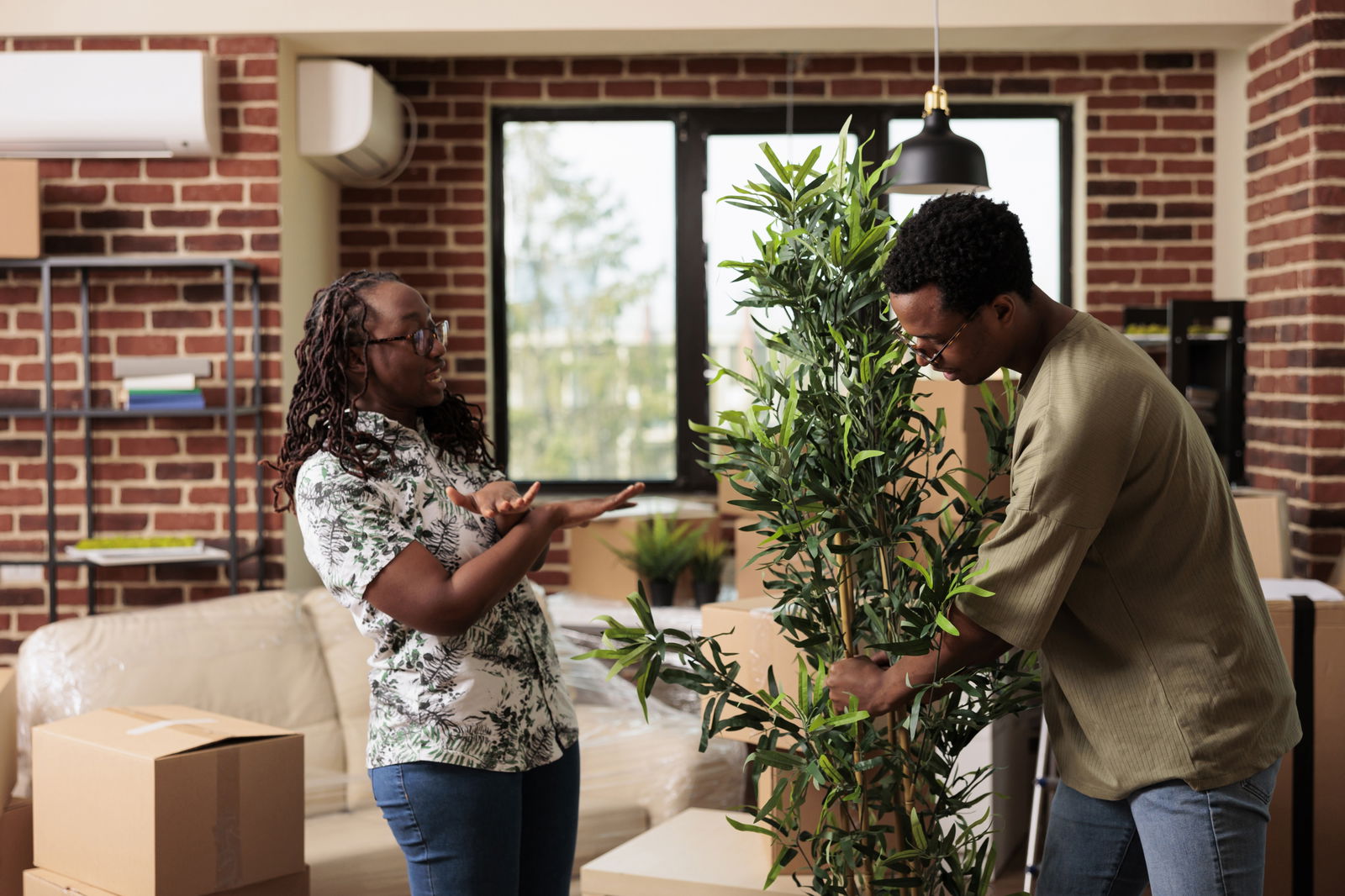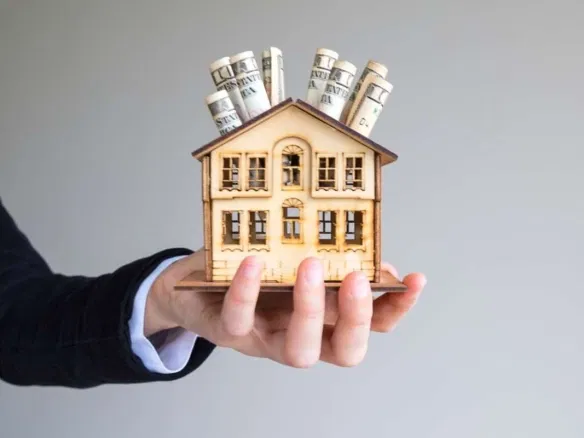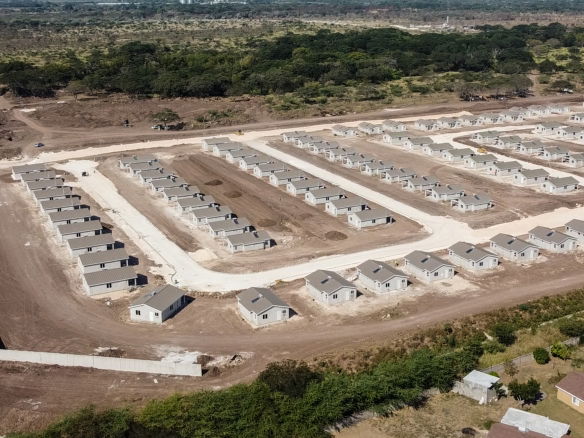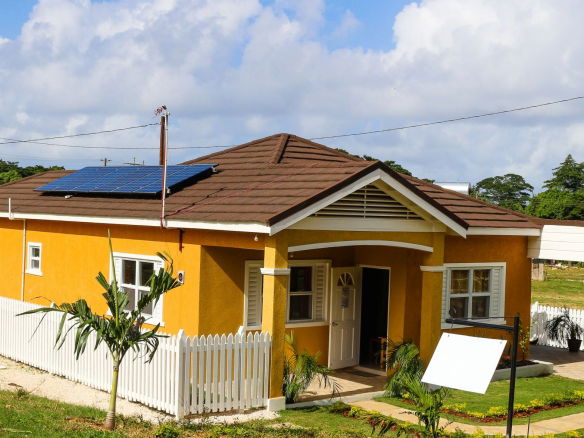Purchasing a home is one of life’s most significant milestones. It represents stability, financial investment, and a personal space where you can truly make your own mark. However, focusing only on the down payment, mortgage rate, or listing price can leave new homeowners blindsided by additional expenses that stack up quickly. These hidden costs often catch first-time buyers off-guard, leading to budgeting shortfalls and unexpected financial strain. Below, we delve into the most common hidden costs of homeownership, discuss how they apply to different markets (including Jamaica), and offer tips to manage these expenses wisely.
Table of Contents
- Closing Costs and Transaction Fees
- Home Inspection Costs
- Relocation and Moving Expenses
- Property Taxes and Ongoing Government Fees
- Homeowners Insurance
- Maintenance and Upkeep: The Inevitable Price of Ownership
- Utility Bills and Monthly Expenses
- HOA Fees and Community Expenses
- Furnishings and Personalization
- Emergency Repairs and Extreme Weather Events
- Planning Ahead: Crafting a Realistic Budget
- The Bright Side: A Rewarding Investment
- Final Thoughts
- Frequently Asked Questions
Closing Costs and Transaction Fees
Why They Matter: When budgeting for a new home, many people calculate the mortgage, interest, and maybe property taxes, yet fail to include closing costs. Depending on your region, closing costs often range from 2% to 5% of the home’s purchase price. For a property priced at $300,000, you might pay anywhere from $6,000 to $15,000 just in finalizing fees (hidden costs). These expenses typically cover:
- Legal Fees and Attorney Costs – Especially vital in areas like Jamaica, where conveyancing and registration often require legal counsel.
- Stamp Duty – A tax on the property transfer that can vary based on local regulations.
- Loan Origination and Application Fees – Mortgage lenders often impose one-time fees for processing your loan.
It’s essential to factor these expenses into your initial budget so you’re not scrambling at the closing table.
Home Inspection Costs
Why They Matter: A thorough inspection is critical to identify any structural or mechanical issues with a property before purchase. Skipping or rushing this step can be risky and may result in high repair bills later. While a home inspection typically costs a few hundred dollars, it can save thousands in the long run by uncovering:
- Potential problems in roofing, wiring, or plumbing.
- Hazardous conditions like mold or termite infestations.
- Defects that might compromise safety.
Although an inspection is another upfront expense, it arms you with the knowledge needed to negotiate repairs or adjust the property’s price.
Relocation and Moving Expenses
Why They Matter: After purchasing your new home, the costs of moving in can still catch you off-guard. In many cases, shipping personal belongings, hiring professional movers, or renting a truck adds hundreds, if not thousands of dollars to your total bill. If you’re relocating to another country, such as moving from Florida to Jamaica, you might face additional logistical hurdles like overseas shipping and short-term lodging while you wait for your items to arrive.
Cost-Saving Tip:
- Request multiple moving quotes to compare prices and services.
- Consider a hybrid approach; hire professional movers for heavy furniture while you handle lighter items.
Property Taxes and Ongoing Government Fees
Why They Matter: Property taxes can be surprisingly variable depending on your location. In many areas, these taxes rise alongside property values or municipal budget changes. Jamaica, for instance, might have relatively modest rates, but you should still monitor any government policies that might affect annual payments.
Overlooking these ongoing fees can lead to budget shortfalls, particularly if local tax rates rise over time. Most mortgage lenders require borrowers to maintain an escrow account that pays property taxes automatically, but you’ll need to ensure enough monthly cash flow to handle any increases.
Homeowners Insurance
Why They Matter: Insurance is a requirement for most mortgage agreements. Monthly or annual premiums depend on the home’s size, location, risk factors (such as hurricane-prone or flood zones), and your credit history. Beachfront homes in Jamaica, for example, may carry higher insurance costs due to exposure to saltwater damage and the risk of tropical storms.
Types of Coverage to Consider:
- Standard Homeowners Insurance – Covers structural damage and personal property.
- Flood or Hurricane Insurance – May be extra, depending on your region.
- Policy Riders – Additional coverage for high-value items like jewelry or electronics.
Maintenance and Upkeep: The Inevitable Price of Ownership
Why They Matter: Routine home maintenance, both minor and major, is where a large portion of hidden costs emerge. The tropical climate in places like Jamaica adds another layer of necessary upkeep: salt-laden air corrodes metal fixtures, humidity promotes mold, and storms can damage roofs and exteriors. Even in more temperate climates, HVAC systems, plumbing, and electrical wiring need regular inspections.
Here’s how these costs can add up:
- Pest Control – A must for humid climates prone to insects or rodents.
- Roof Maintenance/Replacement – Roofs last around 20 years; replacing one can cost thousands.
- Landscaping and Yard Work – Maintaining lawns, gardens, and trees can become expensive, especially if you hire professionals.
- Painting and Exterior Upkeep – Sun and humidity can damage paint jobs much faster than in cooler, drier places.
Budgeting Tips:
- Many experts suggest setting aside 1% to 4% of your home’s value annually for maintenance and repair.
- Keep an emergency fund separate from your daily checking or mortgage escrow to tackle urgent fixes.
Utility Bills and Monthly Expenses
Why They Matter: Utilities; electricity, water, waste disposal, and internet, might seem obvious, but their monthly totals can exceed expectations. In some parts of the Caribbean and other areas prone to higher temperatures, air conditioning bills can skyrocket. Electricity rates in Jamaica, for example, can be fairly high, so running an AC unit all day can add hundreds of dollars per month to your bill.
Cost-Saving Solutions:
- Invest in energy-efficient appliances (like Energy Star-rated products).
- Improve home insulation to reduce reliance on air conditioning.
- Install water-saving fixtures and consider rainwater harvesting systems if local regulations allow.
HOA Fees and Community Expenses
Why They Matter: If your new home is part of a homeowner’s association (HOA) or a gated community common in many planned developments, you’ll likely pay fees to maintain shared amenities and infrastructure. These monthly, quarterly, or annual fees can include:
- Garbage collection
- Landscaping in common areas
- Security and gate personnel
- Community pools, gyms, or other shared facilities
HOA fees can vary drastically, sometimes adding hundreds of dollars each month to your housing costs. In certain situations, you might also face special assessments (one-time fees) if the association needs to undertake a large community project, like replacing roofs or repaving roads.
Furnishings and Personalization
Why They Matter: Once you take possession of your new home, filling the space with furniture and décor often comes as a shockingly large expense, especially if you’re upgrading from a smaller apartment or condo. Modestly priced furnishings for a three-bedroom home can range from $10,000 to $40,000, and it only goes up from there for bigger properties.
If you’re also renovating or want custom upgrades; like high-end cabinetry, luxury flooring, or built-in storage, those costs can climb even higher. Budget at least a portion of your savings or financing for these expenses so you’re not left with an empty or partially furnished space.
Emergency Repairs and Extreme Weather Events
Why They Matter: Unpredictable events, whether a hurricane in Jamaica, harsh winter storms in northern regions, or flooding in coastal communities, can lead to sudden repair bills. Homeowners insurance may help offset some costs, but coverage exclusions often apply. For instance, standard policies might not cover flood damage or termite infestations without add-on coverage.
Proactive Measures:
- Conduct annual structural inspections to spot weaknesses.
- Upgrade windows, doors, and roofing to withstand local weather conditions.
- Maintain an emergency savings fund specifically for unplanned repairs.
Planning Ahead: Crafting a Realistic Budget
With so many potential hidden costs, how do you avoid biting off more than you can chew?
- Run the Numbers Early
Use online mortgage calculators that factor in property taxes and insurance. Add estimates for utilities, maintenance, and HOA fees. - Get Professional Advice
Seek guidance from real estate professionals, attorneys, and financial advisors who understand your target market—be it Jamaica, Florida, or anywhere else. They can pinpoint typical monthly or annual costs and offer tips on reducing them. - Build Separate Funds
Set up an emergency fund and a separate home-maintenance fund. By allocating even 1% of your home’s value per year, you’ll be better equipped to handle sudden repairs. - Shop Around
Compare various insurance and utility providers to find the best deal. Work with multiple contractors and suppliers to keep routine maintenance and improvement costs in check. - Update Your Plan Annually
As property taxes, insurance premiums, and local utility rates change over time, update your budget and adjust accordingly.
The Bright Side: A Rewarding Investment
Though the hidden costs of owning a home can initially feel overwhelming, it’s important to keep perspective. Real estate often provides strong long-term value—particularly in desirable or growing regions like Jamaica, where breathtaking beaches, lush landscapes, and a thriving culture attract both local and international buyers.
By researching and acknowledging these expenses, you’ll be in a far better position to make informed decisions and avoid unpleasant financial surprises. When you plan for the less obvious costs of homeownership, from closing fees to ongoing maintenance, you’ll enjoy greater peace of mind, safeguard your investment, and ultimately make your new home a place you love and can afford.
Final Thoughts
Owning a home is more than just paying a mortgage. From the upfront closing costs to ongoing expenses like maintenance, insurance, and property taxes, the total investment can be significantly higher than the property’s listing price. Whether you’re eyeing a picturesque beachfront property in Jamaica or buying a suburban family home, being proactive about budgeting, and seeking expert guidance, will help ensure your homeownership journey stays on track.
At NewLocay, we strive to guide prospective homeowners through each step of the process, offering insights on everything from negotiation strategies to hidden costs. By understanding and planning for these financial realities, you can protect your investment, enjoy your new space, and look forward to the many benefits of homeownership for years to come.
Frequently Asked Questions
What are the most common hidden costs of owning a home?
Many homeowners overlook expenses beyond their mortgage. The most common hidden costs include property taxes, homeowners insurance, routine maintenance, utility bills, and unexpected repairs. These costs can add up, so it’s essential to budget accordingly.
How much should I budget for home maintenance and repairs?
Experts recommend setting aside 1% to 4% of your home’s value each year for maintenance and repairs. For example, if your home is worth $300,000, you should budget between $3,000 and $12,000 annually to cover expenses like roof repairs, plumbing issues, and appliance replacements.
Are closing costs included in the mortgage?
No, closing costs are typically separate from your mortgage loan and must be paid upfront. They range from 2% to 5% of the home’s purchase price and include attorney fees, loan origination fees, property taxes, and insurance. It’s crucial to factor these expenses into your budget.
How can I reduce my homeownership expenses?
To lower costs, consider energy-efficient upgrades to reduce utility bills, regular maintenance to prevent costly repairs, and shopping around for insurance to find the best rates. Additionally, setting up an emergency fund can help manage unexpected expenses without financial strain.





